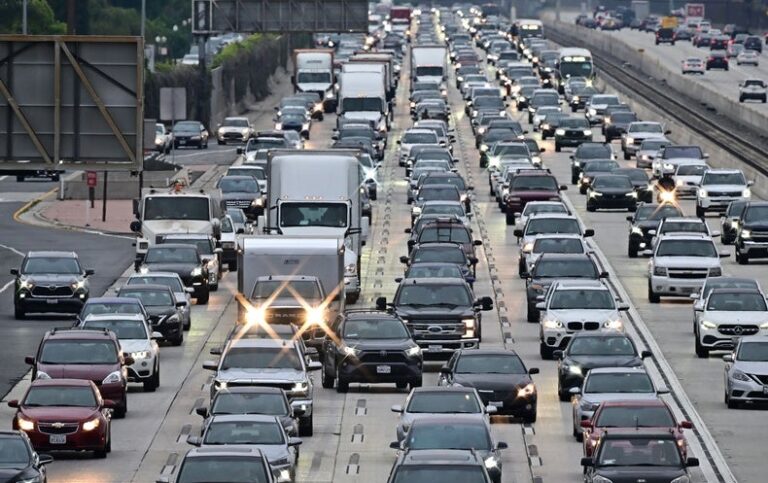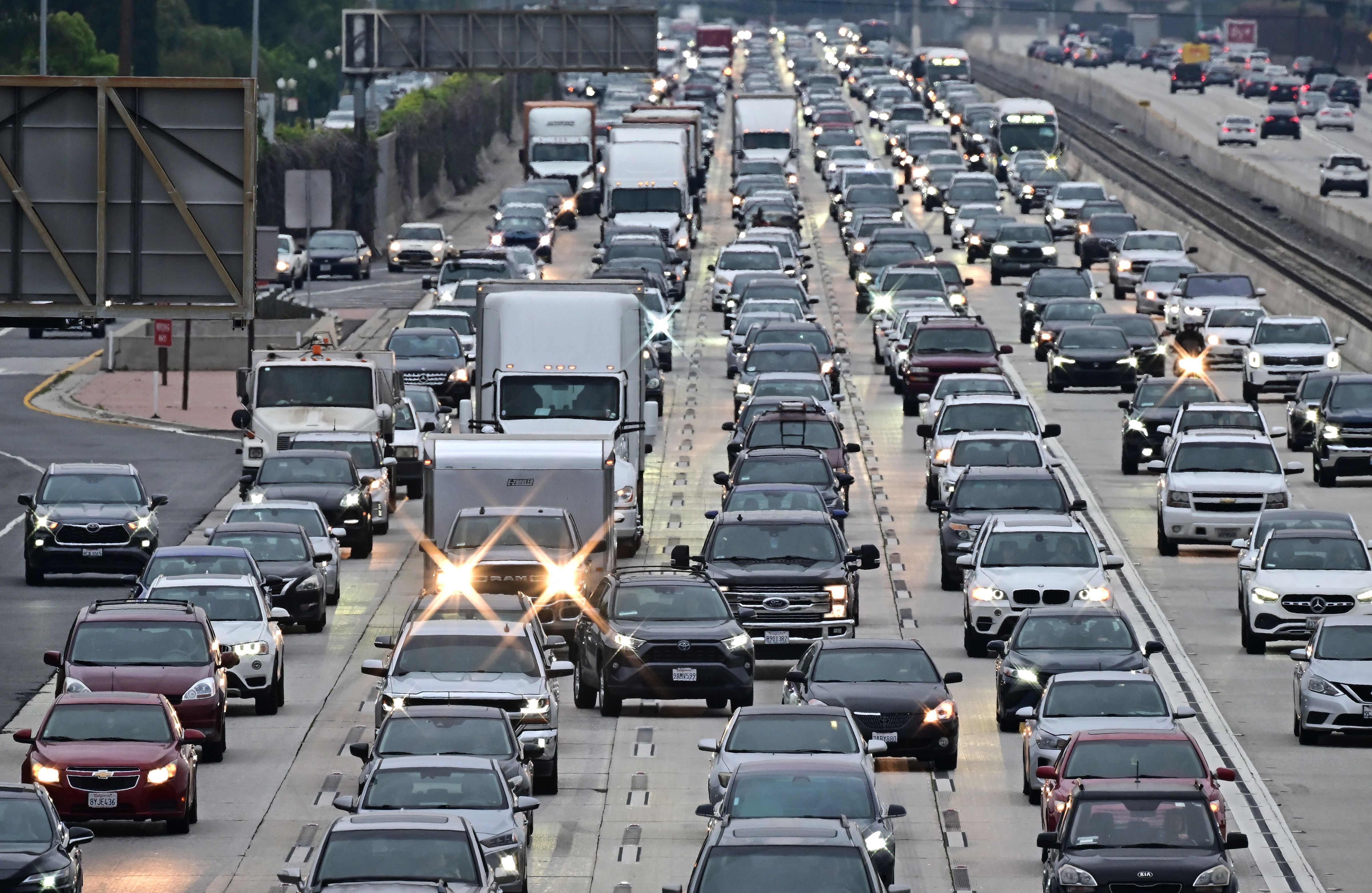
[ad_1]

CLIMATEWIRE | A major question has emerged as the world strives to reduce greenhouse gases: How much money should rich nations pay to poor ones for raising Earth’s temperature?
Scientists have found an answer.
High carbon countries owe at least $192 trillion to low-emitting nations in compensation for their greenhouse gas pollution.
That’s the conclusion of a new paper published Monday in the journal Nature Sustainability by researchers Andrew Fanning and Jason Hickel.
“It is a matter of climate justice that if we are asking nations to rapidly decarbonise their economies, even though they hold no responsibility for the excess emissions that are destabilizing the climate, then they should be compensated for this unfair burden,” said Fanning in a statement.
The concept of climate reparations is a topic of global discussion. Low-income and developing nations have long argued that wealthy, high-emitting countries should help them with the costs of decarbonizing. More recently, the international community has begun to acknowledge that high-emitting nations should help other countries grapple with the damages they’ve suffered as a result of climate change, including the impacts of extreme weather events, rising seas and other climate consequences.
World leaders agreed last year at the U.N. climate talks in Egypt to establish a fund that would pay vulnerable countries for “loss and damage” associated with climate change. But the details of how the fund will operate — including which states are eligible for compensation, what kinds of damage the fund will cover and how the money will be disbursed — are still undecided.
A special committee tasked with hashing out these details is expected to present a proposal at the climate talks in the United Arab Emirates starting in November.
Meanwhile, activists, scientists and policy experts around the world are considering ways that climate aid — sometimes called reparations — could potentially be structured. The new paper presents one potential framework for climate compensation.
Nations participating in the Paris climate agreement are currently striving to keep global temperatures within 2 degrees Celsius of their preindustrial levels, and below 1.5 C if at all possible. So the researchers began by examining the carbon budget for both climate goals — that’s the amount of carbon the world can release without overshooting the temperature target.
Then they divided the carbon budgets into fair shares for every country. Each nation gets a slice of the budget according to its size and population.
Next, they examined each country’s cumulative emissions since the year 1960. The world had been emitting large quantities of greenhouse gases for decades beforehand — but by 1960, they said, researchers clearly understood the science of global warming and were beginning to communicate it to the public, as well.
Based on these historical emissions, the researchers then determined which countries have already used up their fair shares of the carbon budget. They also looked at how much more carbon each country is likely to emit between now and 2050, even if the world begins reducing emissions fast enough to meet the 1.5 C target.
The researchers divided the world into two groups. They lumped 39 high-emitting countries together, including the United States, Canada, Europe, Australia, New Zealand, Japan and Israel, in a group they refer to as the Global North. All of the other countries in the study, including the rest of Asia, the Americas and Africa, fell into the second group, which the researchers referred to as the Global South.
They found that all the countries in the Global North group had already exceeded their fair shares of the carbon budgets. The group had collectively blown through its 1.5 C budget back in 1986, and its 2 C budget was gone by 1995.
Even if nations worldwide manage to collectively reduce their net emissions to zero by 2050 and meet the 1.5 C temperature target, Global North countries would still overshoot their share of the budget by three times — and they’d use up half the Global South group’s budget in the process.
Fifty-five countries around the world would have at least 75 percent of their carbon budget used up by high emitters in this net-zero scenario. And 10 countries — all in sub-Saharan Africa — would sacrifice at least 95 percent of their carbon budgets.
The researchers then calculated the amount of money the overshooters would owe in compensation. They based their estimates on carbon prices, or the costs associated with excess emissions, established by the U.N.’s Intergovernmental Panel on Climate Change.
They found that the overshooters would owe a total of $192 trillion to the rest of the world. The United States, the European Union and the United Kingdom alone would be responsible for about two-thirds of that total. And the United States would owe the single greatest debt of any country on the planet.
Meanwhile, India and the countries of sub-Saharan Africa would be owed around half the total compensation value.
The researchers noted that these figures only include compensation for “atmospheric appropriation.” They don’t include payments that rich countries may owe poorer countries for the costs associated with decarbonizing or adapting to climate change — those would be extra.
The researchers also noted that the study does not account for inequalities within high-emitting nations themselves, where the wealthiest people account for much greater shares of the carbon footprint.
“Responsibility for excess emissions is largely held by the wealthy classes who have very high consumption and who wield disproportionate power over production and national policy,” Hickel said in a statement. “They are the ones who must bear the costs of compensation.”
Reprinted from E&E News with permission from POLITICO, LLC. Copyright 2023. E&E News provides essential news for energy and environment professionals.
[ad_2]